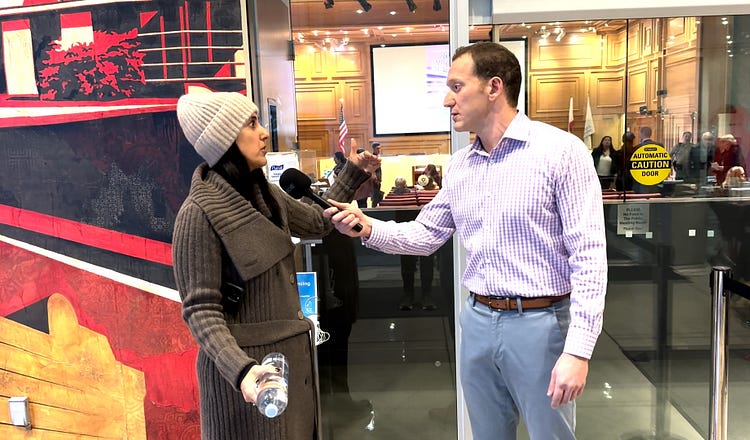WATCH: The California Progressives Trying to Cancel Affordable Housing

Ben Kawaller on how his ‘progressive’ neighbors don’t want low-income residents to move to West Hollywood.
42
I have lived in or around West Hollywood since 2012. Founded in 1984 atop the twin pillars of rent control and gay rights, the city has become a haven for the un-landed and the non-gender-conforming, both of which describe me, insofar as I own no property and fail that most basic test of manhood, heterosexuality.
If I sound a bit self-loathing, maybe it…
Continue Reading The Free Press
To support our journalism, and unlock all of our investigative stories and provocative commentary about the world as it actually is, subscribe below.
$8.33/month
Billed as $100 yearly
$10/month
Billed as $10 monthly
Already have an account?
Sign In


